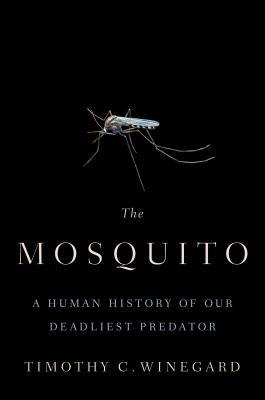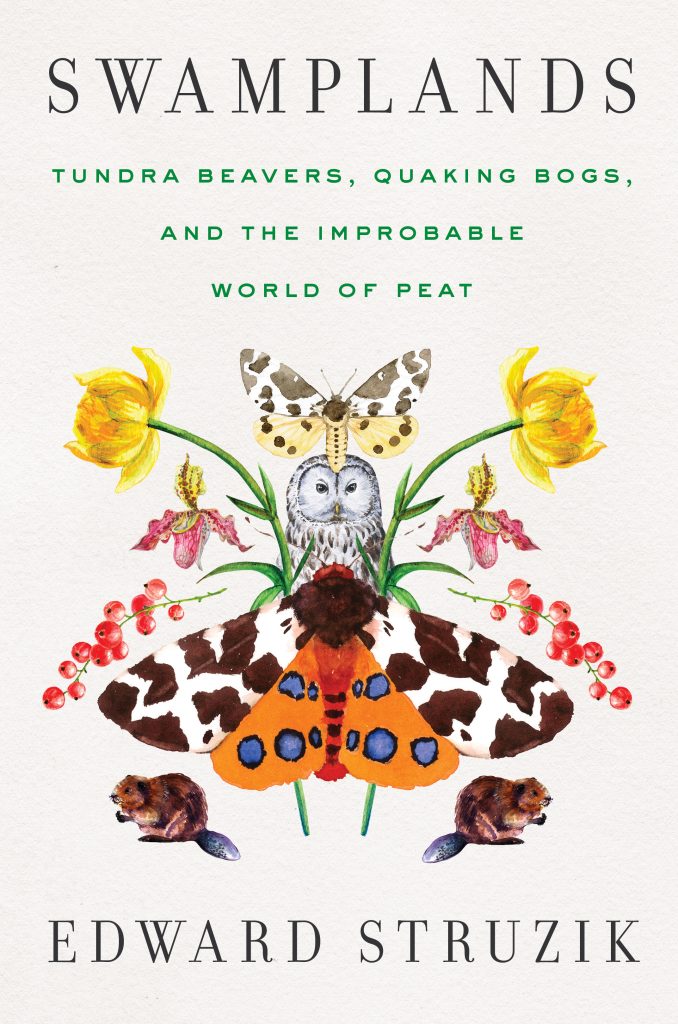If you think you are too small to make a difference, try sleeping with a mosquito.
Dalai Lama XIV
Ah, the mosquito. Is there any other insect – any creature – more universally despised?* I don’t enjoy hating on things, but the mosquito is one thing I’m at least not particularly fussed about hating. So of course, I had to pick up The Mosquito: A human history of our deadliest predator by Timothy C. Winegard. It’s actually pretty incredible when you consider how much influence mosquitoes, or more specifically, the diseases they carry and for which they are vectors (e.g. malaria, yellow fever, dengue), have had over human history throughout the ages. According to Winegard, they have affected, among other things: the configuration of human DNA (sickle cell being probably the most commonly recognized one), the outcome of the American civil war, slavery, the history of the Roman Republic (the Pontine Marshes being a malarial sink, it both defended and destroyed the Romans), and more! They’re quite the equal opportunity bloodsuckers, so it’s not necessarily that they’ve always helped any particular side. Malaria also happens to be one of those diseases that constantly outmanoeuvers whatever anti-malarial drugs are concocted to defeat it, and at a frighteningly fast pace at that: new treatments might be effective anywhere between 2 and 20 years after being mass-marketed (Winegard). Interestingly, one of the newer treatments, artemisinin, is one that originated from what was rediscovered in an old Chinese text from the 4th century Jin dynasty, uncovered only during Mao Zedong’s Great Leap Forward, but not shared with the world until more recent times (and even then, the study results weren’t embraced by the international community immediately, according to Winegard).
Do mosquitoes kill more humans than humans do? Debatable, but they’re definitely not slacking on that front (not that humans are either…): the year before The Mosquito was published, 830,000 people died of mosquito-borne disease worldwide. Whether mosquitoes will outlast humans or we’ll decide to use the technologies we have at our disposal (e.g. CRISPR) to eradicate the Anopheles mosquito, which is one of the main vectors of mosquito-borne diseases, one thing is for sure: mosquitoes have driven human history and evolution throughout the entirety of our existence.
*I’ll take suggestions in the comments.
Interestingly, just before I dove into The Mosquito, I’d been working away at Swamplands: Tundra beavers, quaking bogs, and the improbable world of peat by Edward Struzik, which is a very interesting read about something I’d never really thought much about apart from as it relates to whiskey, and which I’d highly recommend to anyone who’s looking to learn about the natural world. Swamplands is an unabashed celebration of bogs, fens, and anywhere that holds peat (yes, they’re different), for all the biodiversity found within these environments as well as the weight they pull in sequestering away carbon, and perhaps even just for the fact that they exist at all – that they have to be experienced to be understood. I have never been to one, and seeing how much mosquitoes love me, I’m not sure I would want to brave all the bites to experience one. (I know Winegard says they bite indiscriminately and that in aggregate, nothing shows mosquitoes prefer anyone over someone else, but going off my own experience: mosquitoes love me. It is an unrequited love and I wish mosquitoes would take the hint already.)
Swamplands is also where I learned that a beaver can kill an unsuspecting person who doesn’t take heed of their smacking tails warning the intruder off. The beaver bit an artery, so the man bled out, so this was a bit of bad luck, but don’t take a beaver lightly. (The man picked up the beaver to take a photo, which is another lesson apart from don’t underestimate a beaver: don’t touch wildlife.)
And one last improbable link that came to mind when Winegard started discussing the crusades in The Mosquito: Dominion: How the Christian revolution remade the world by Tom Holland.

